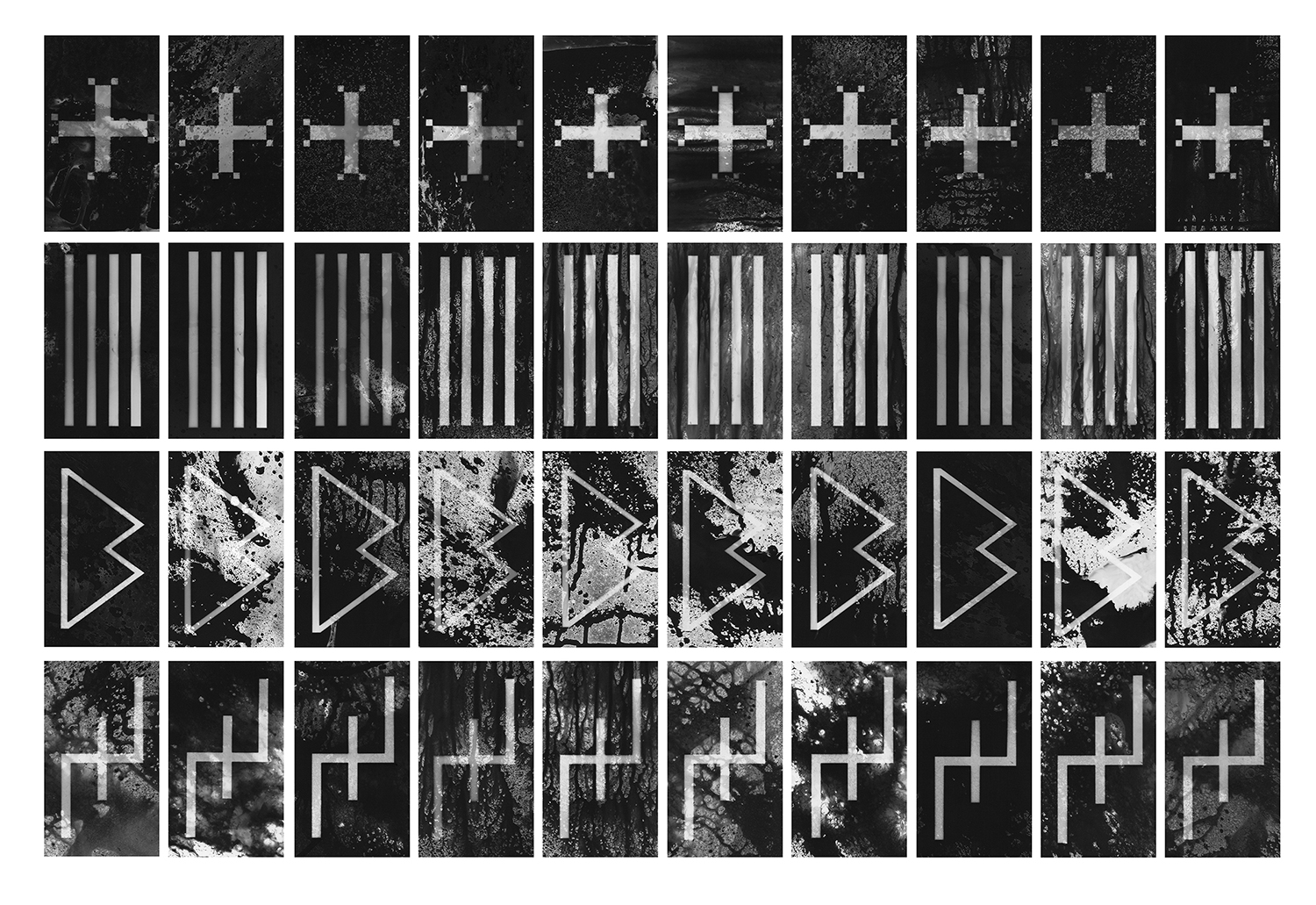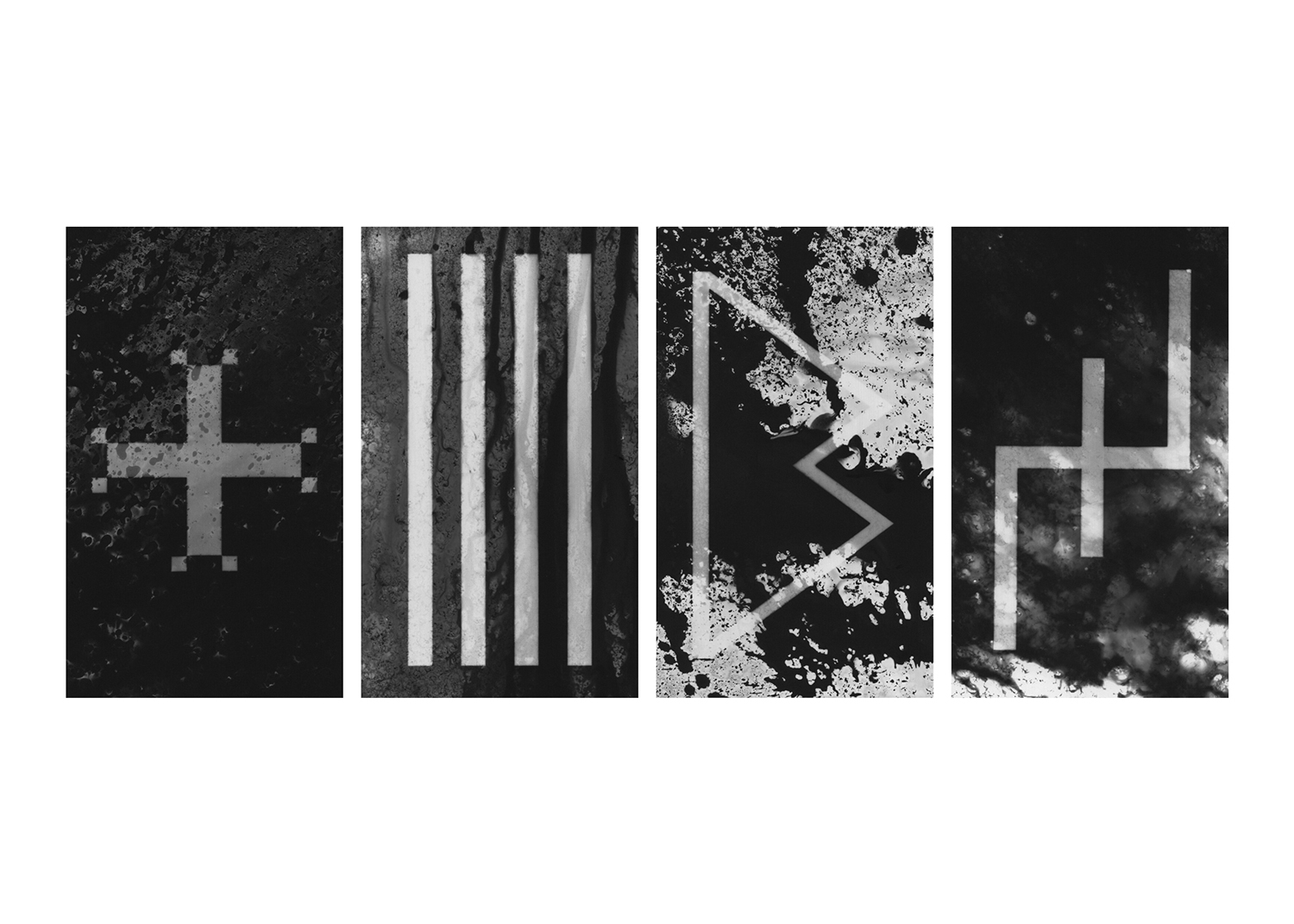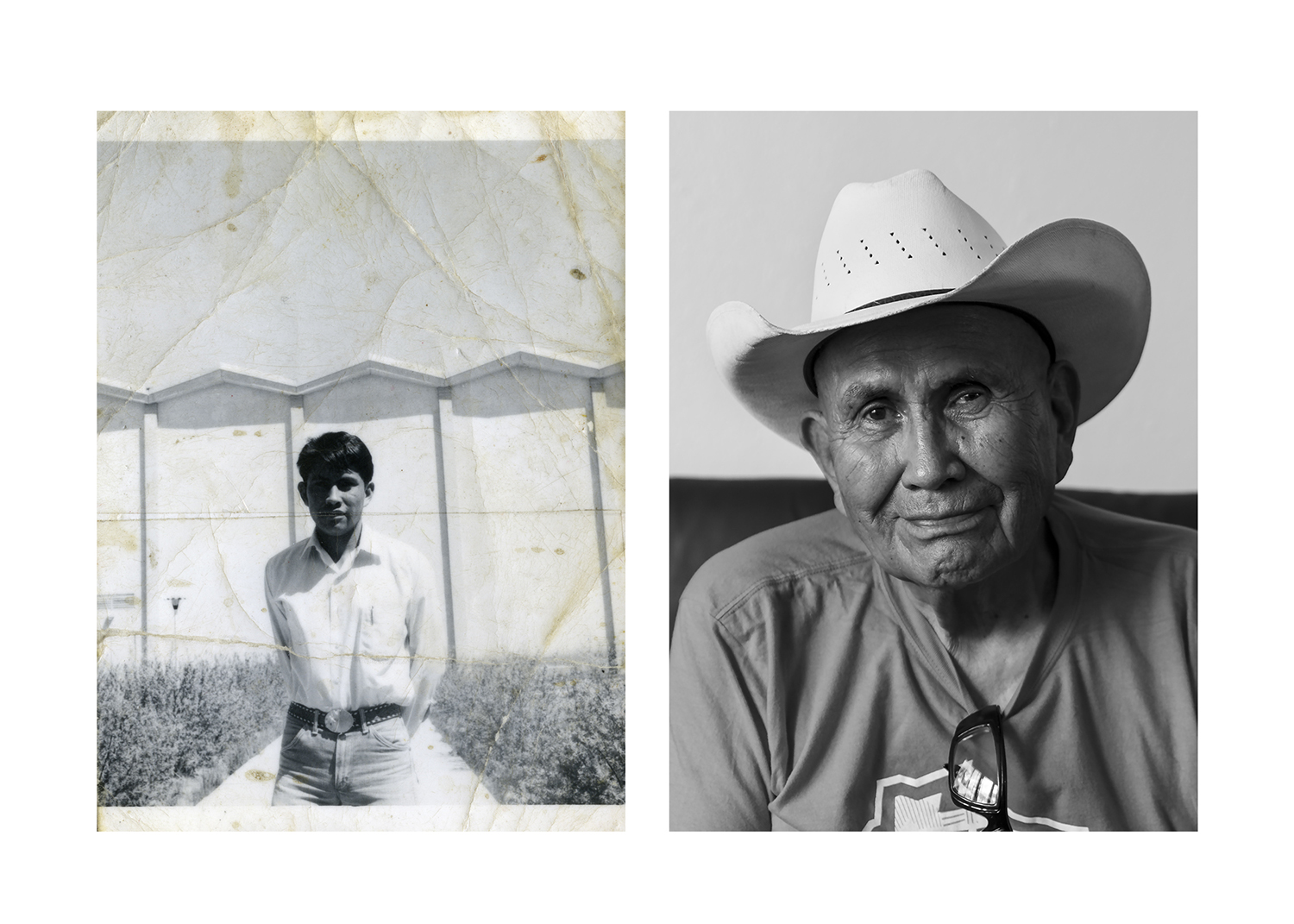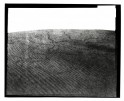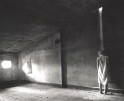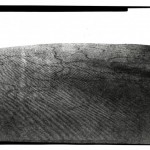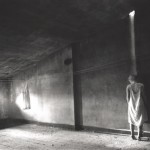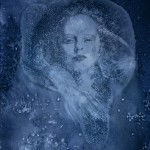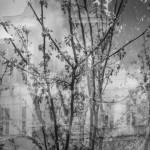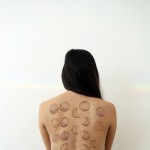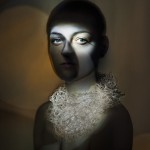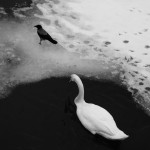Indigenous Photographers Week: Dakota Mace
Dakota Mace (Diné) is an interdisciplinary artist whose work focuses on translating the language of Diné history and beliefs. As a Diné (Navajo) artist, her work draws from the history of her Diné heritage, exploring the themes of family lineage, community, and identity. In addition, her work pushes the viewer’s understanding of Diné culture through alternative photography techniques, weaving, beadwork, and papermaking.
Dakota Mace received her MA and MFA degrees in Photography and Textile Design at the University of Wisconsin-Madison and her BFA in Photography from the Institute of American Indian Arts.
She has worked with numerous institutions and programs to develop dialogue on the issues of cultural appropriation and the importance of Indigenous design work. She is currently an MFA Mentor at the Institute of American Indian Arts and the photographer for the Helen Louise Allen Textile Center and the Center of Design and Material Culture.
Her work as an artist and scholar has been exhibited nationally and internationally at various conferences, collectives, museums, and galleries. She is represented by Bruce Silverstein Gallery in New York City.
Sǫʼ Baa Hane’ (Story of the Stars)
For the Diné (Navajo), our stories, identity, and kinship are told through the stars. As a child, stories were often told by campfire, with only the stars to shape our imagination. Through those memories, I create photographs that honor those moments of quietness and finding Hózhó (balance) through alternative photography and beadwork.
Sǫʼ (Stars) began when I spoke with my grandfather about the importance of our traditional stories and how they are only told during specific times, especially during winter. These stories are carried on through the stars and can be seen in our designs and weavings. Sǫʼ is a translation of prevalent designs that have influenced not only individual weavers but also a younger generation to understand better what it means to be connected to our stories and how to carry those traditions on.
For my family, specific designs have been passed down from one generation to the next through silversmithing. Béésh Łigaii (Silver) focuses on the stories of silversmithing, the importance of design, and the influence of the land. The designs featured come from our ancestors before us.
Storytelling is central to the Diné way of life; the importance of Náhookǫs Bikǫʼ (North Star) ties our kinship together. It represents our emergence, the passage of time, and is our central fire. Through this fire, we continue the strong bonds of family unity and build upon our shared histories.
Each series is created using the chemigram process, like painting, in which every print is unique and one of a kind. Within each series, each piece is individualized by different textures and designs. It is similar to the Diné philosophy of how we are all connected. Much like the stars, our thoughts and memories create a collective identity and our belief of going back into the land and being as one within nááda’iiniihgóó (place).
Posts on Lenscratch may not be reproduced without the permission of the Lenscratch staff and the photographer.
Recommended
-
Jonathan Silbert: InsightsFebruary 19th, 2026
-
Olga Fried: Intangible EncountersFebruary 18th, 2026
-
Anne McDonald: Self-PortraitsFebruary 17th, 2026
-
Review Santa Fe: Elizabeth Z. Pineda: Sin Nombre en Esta Tierra SagradaFebruary 6th, 2026
-
Carolina Baldomá: An Elemental PracticeJanuary 5th, 2026




